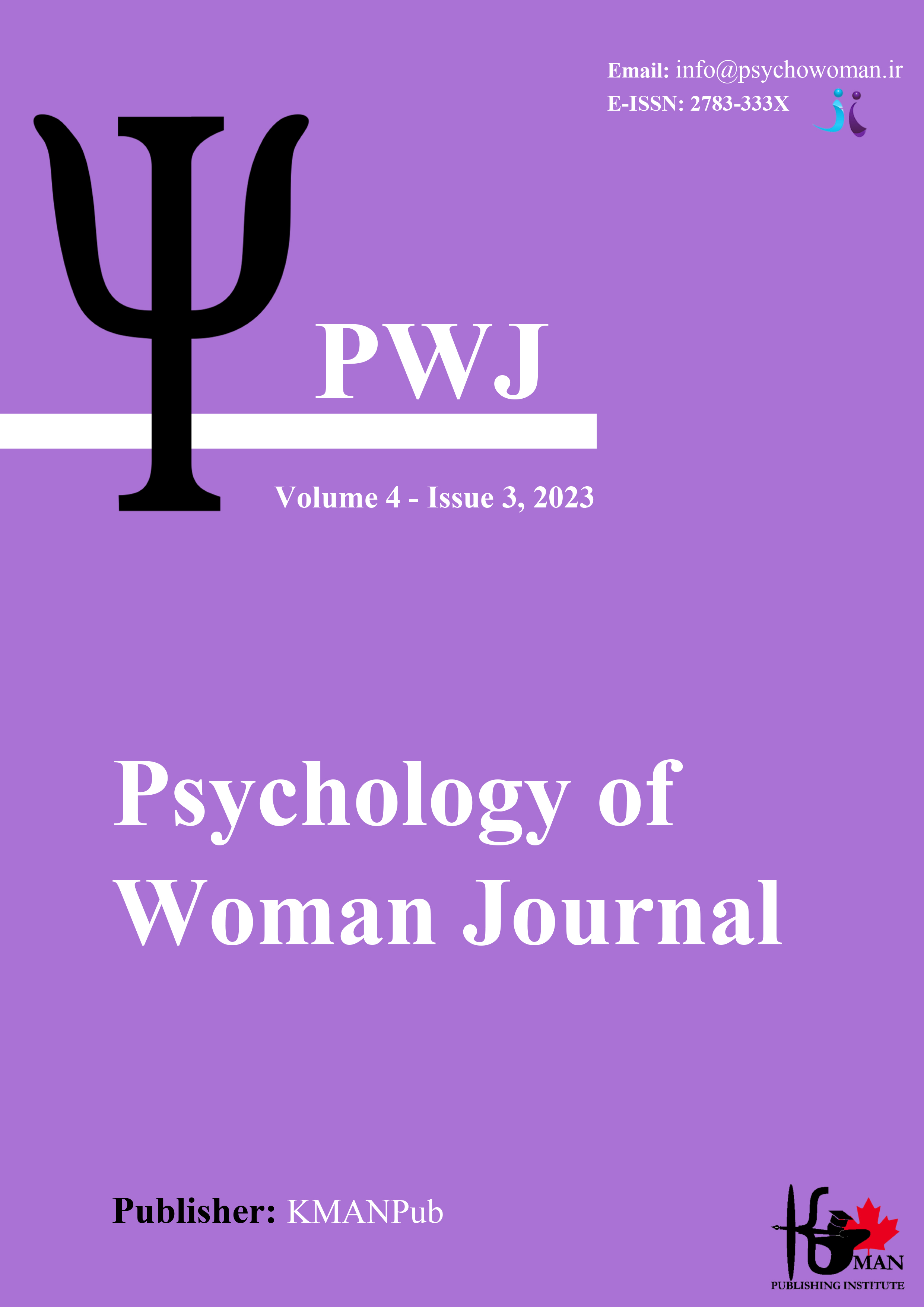The Effectiveness of Emotion Regulation Training Program on Rumination, Life Satisfaction and Self-Esteem in Mothers of Children with Intellectual Disabilities
Abstract
Objective: The purpose of the present study was to determine the effectiveness of an emotion regulation training program on rumination, life satisfaction, and self-esteem in mothers of children with intellectual-developmental disabilities.
Methods and Materials: The research method was a quasi-experimental (semi-experimental) design with pre-test, post-test, and control and experimental groups. The population consisted of all mothers with children suffering from intellectual-developmental disabilities in the Mehrdasht area of Isfahan, totaling 50 individuals. From among them, 40 were selected through convenience sampling. The instruments used in this research included the Nolen-Hoeksma and Morrow (1991) questionnaire, the Diener et al. (1985) life satisfaction scale, and the Rosenberg (1965) self-esteem questionnaire.
Findings: The results showed that the emotion regulation training program led to improvements in rumination (F = 86.19), life satisfaction (F = 56.39), and self-esteem (F = 115.71) in mothers of children with intellectual-developmental disabilities.
Conclusion: Therefore, incorporating emotion regulation training can effectively enhance the psychological well-being of mothers of children with intellectual-developmental disabilities, contributing to their life satisfaction.
Downloads
Downloads
Additional Files
Published
Issue
Section
License
Copyright (c) 2023 Zohreh Safari Hosseinabadi, Sedighe Rezaei Dehnavi (Author)

This work is licensed under a Creative Commons Attribution-NonCommercial 4.0 International License.










